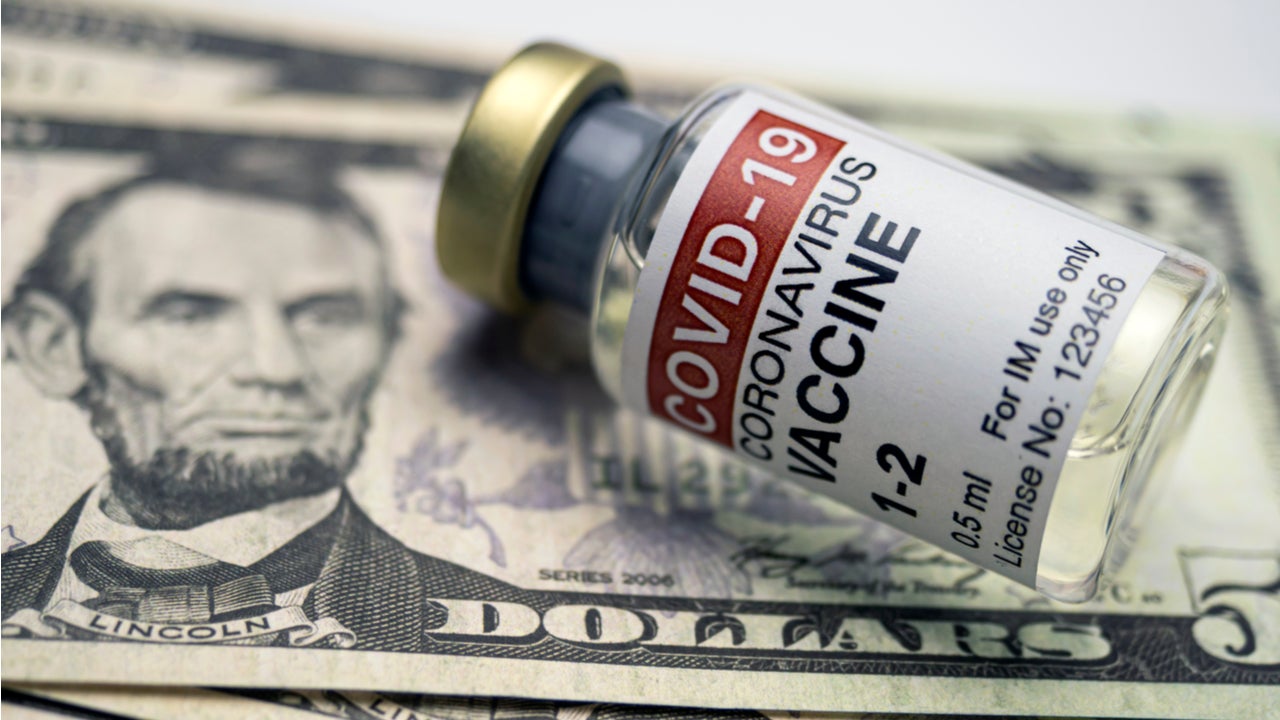
Economists believe that government pandemic assistance has has contributed to smaller declines in earnings given the depth of recessions.
James Picerno
James Picerno, a journalist, shared an article on how household savings soared in the US and other high-income countries during the Covid-19 pandemic despite decline in wages and other private income streams.

Discover B2B Marketing That Performs
Combine business intelligence and editorial excellence to reach engaged professionals across 36 leading media platforms.
However, data also suggested that consumer spending plummeted in the US and other high-income countries with the arrival of the pandemic.
Economists believe that the savings glut in the US during the pandemic is indicative of how fiscal policy is driving the saving boom, through social benefits and other income support measures.
As a result, large-scale government assistance pushed household income above its pre-pandemic trajectory for countries such as the US, Japan, and Canada.
The fall in consumption was, however, sharpest in the second quarter of 2020, reflecting stricter Covid lockdowns in place.

US Tariffs are shifting - will you react or anticipate?
Don’t let policy changes catch you off guard. Stay proactive with real-time data and expert analysis.
By GlobalDataSpending picked up over the second half of the year, but the recovery was meagre. Consumption was still below pre-pandemic levels towards the end of 2020.
While consumer spending weakened across all high-income economies, the extent of declines varied widely. For instance, US spending held up best, dropping by 3% of pre-pandemic personal income.
Meanwhile, spending in the UK dropped by nearly 12%. Other countries reported a drop by 6 to 7%.
Savings glut, pandemic-edition update via NY Fed: "Household saving has soared in the United States and other high-income countries during the COVID-19 pandemic, despite widespread declines in wages and other private income streams." https://t.co/RBGzbylvEp pic.twitter.com/HPWKoB6Bil
— James Picerno (@jpicerno) April 14, 2021
Simon Wren-Lewis
Professor Simon Wren-Lewis, an economist, shared an article on two types of recovery from the Covid recession, or how plutocratic populism cannot be fought by returning to the recent past.
According to Wren-Lewis, Biden is showing the European Union (EU) and the UK how to recover from the deep recession.
Forecasts reflect that the US has enacted a large stimulus package ($1.9tn mainly directed to individuals followed by at least $2bn on infrastructure), while Europe has been more modest in its expansionary measures with a 750bn recovery fund.
Wren-Lewis discusses the relative merits of undershooting and overshooting and thereby running the economy a little hot after the recovery.
He states that the downside risk is not a problem if you are trying to run the economy hot, because you will just be running it cooler.
However, the downside risk of undershooting are serious, as that means a more extended recession with interest rates unable to fall because they are stuck at their lower bound.
ICYMI: Two types of recovery from the COVID recession, or how you cannot effectively fight plutocratic populism by returning to the recent past. https://t.co/JKyHckITkZ Biden is showing the EU and UK how you should recover from deep recession. Sustained inflation risk is zero.
— simon wren-lewis (@sjwrenlewis) April 14, 2021
Dany Bahar
Dany Bahar, an economist, shared a discussion of the state of global poverty as a result of the Covid-19 pandemic.
According to Homi Kharas, deputy director for the global economy and development programme at the Brookings Institution, India could have lower poverty numbers in 2030, given less economic shocks to endure. In addition, these numbers would maybe not be as low as without Covid, but still very low.
Meanwhile, for a big country like Nigeria, with a population of more than 200 million, it has been a big shock to bear.
However, as the country has had no growth or dynamism in its economy, the length of time it takes to recover from the Covid-induced economic shock is going to be much longer and the impact on poverty is likely to be much more long-lasting and scarring.
Therefore, whilst in an economist sense, the Covid-19 will turn out to be a temporary shock in most places, for a lot of poor people and economies it will become a permanent shock, Kharas added.
.@BrookingsGlobal's Homi Kharas and I talked about the state of global poverty as a result of COVID in the latest Economists on Zoom Getting Coffee #ezgc.
📺https://t.co/iwyJi0uv4j
🎧https://t.co/799KlxykZe (or in your fave podcast platform)Here's a peak of our convo 👇 pic.twitter.com/2n7K88GYzy
— Dany Bahar (@dany_bahar) April 14, 2021



